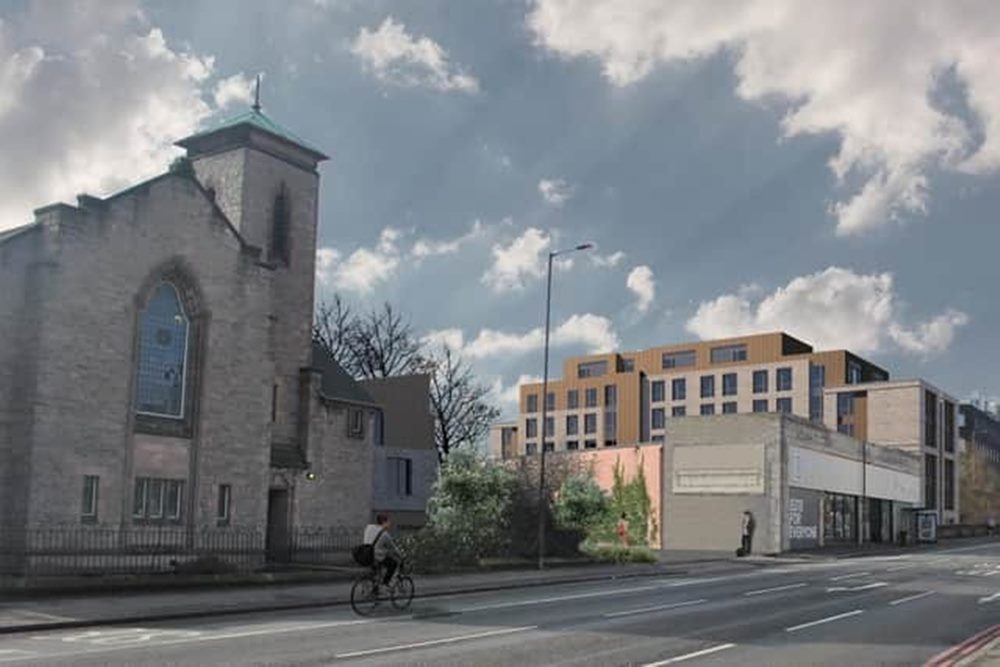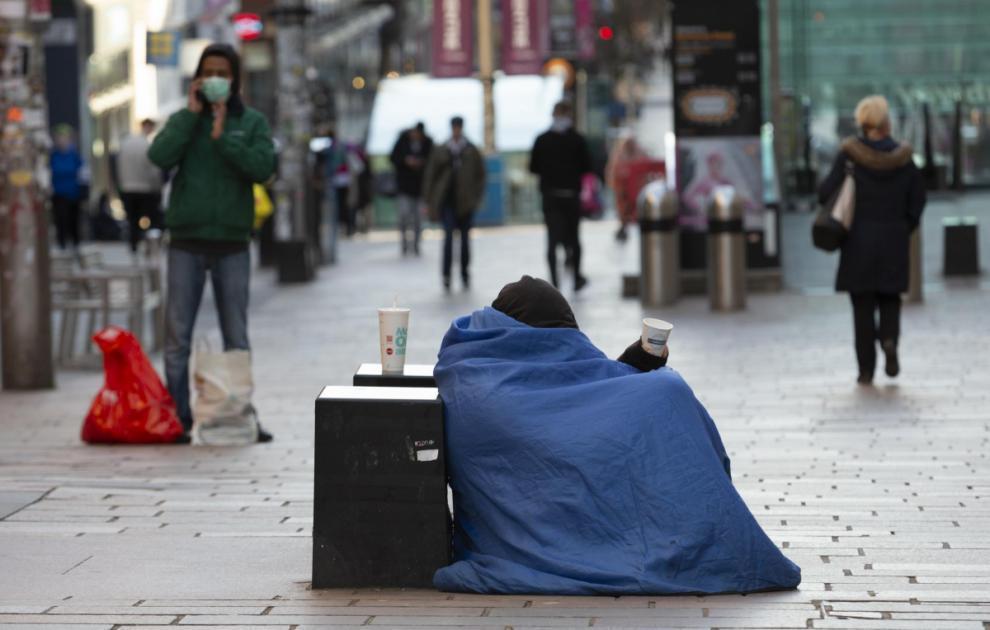Heritage organisation, the Cockburn Association, has raised concerns over a growing trend in Edinburgh where approved housing plans are being scrapped in favour of student accommodation after receiving consent for mainstream homes. The association views this shift as worrying and indicative of investors prioritising the more lucrative market for Purpose-Built Student Accommodation (PBSA).
Terry Levinthal, Director of the Cockburn Association, noted that housing consents are frequently changing to PBSA proposals immediately after approval. The association cited an example at 27 Arthur Street, where objections were raised against the change to student accommodation from the initially approved scheme of 33 apartments. The Cockburn Association believes that the approved development could have accommodated students, addressing the needs of non-first-year students seeking traditional flats to share with friends.
The housing crisis in the city, which encompasses student housing, has led to concerns about the shift from approved mainstream housing to specific and inflexible student bedsits. Rising mortgage rates and frozen private rents for traditional landlord properties appear to be pushing investors towards the more profitable PBSA market. However, this trend may not be in the best interest of the city’s already pressurised housing market in the long run.
This issue has come to light following the revelation that approved plans for homes on Willowbrae Road have been replaced with proposals for student accommodation. Developers submitted new plans for a block of 138 student beds, superseding previously consented proposals for a mix of one, two, and three-bedroom flats.
Local MPs and the community have expressed disbelief that a viable proposal for homes would be exchanged for student accommodation, particularly when the city is facing a housing emergency. Recent figures revealed that student accommodation accounts for over a quarter of all developments granted permission in the Capital.
The Cockburn Association and concerned citizens are urging the city council to address this issue, especially in light of the severe shortage of social rented homes, escalating private rental costs, and record levels of homelessness. The council has been approached for comment on the matter.



